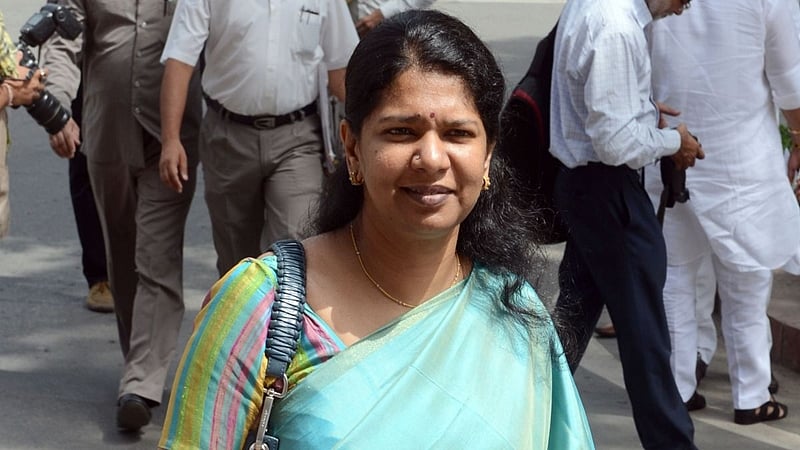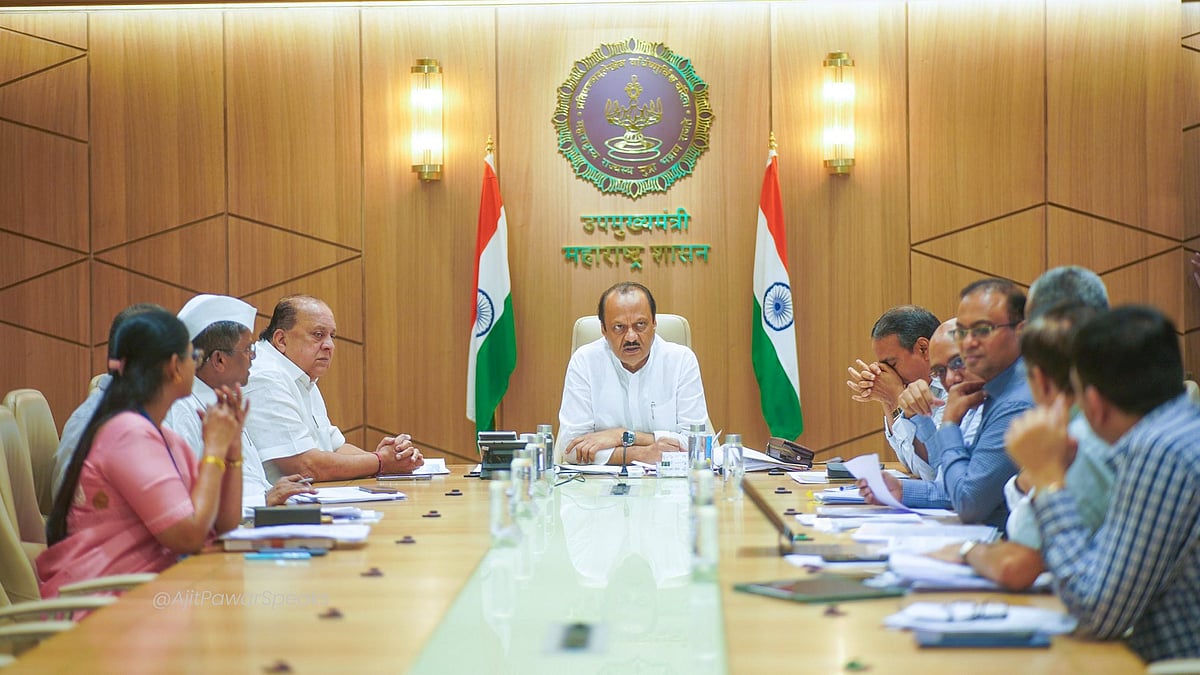There is so much falsification and distortion of history to justify the revocation of special status to Jammu and Kashmir. It is necessary to recapture the background to the accession of the state to the Union of India to understand the present turmoil.
It is a strange logic, applied by Narendra Modi and Amit Shah, that it was Sardar Patel who integrated the princely states into the Union of India, supposedly acting independent of Nehru’s Government. They absolved him of any responsibility for the developments in Jammu and Kashmir, targeting Pandit Nehru for mishandling the state.
In fact, contrary to the claim, Patel had reconciled because of his bitter experience with Finance Minister Liaquat Ali Khan in the Interim Government.
This is what V Shankar, Political Secretary to Sardar Patel, said about the accession of Kashmir in his book My Reminiscences of Sardar Patel: “the Sardar was content to leave the decision to the Ruler (of Jammu and Kashmir) and that if the Ruler felt that his and his State’s interest lay in accession to Pakistan, he would not stand in his way.”
And if “Jinnah allowed the King (Hyderabad) and the pawn (Junagadh) to go to India, Patel might have let the Queen (Kashmir) go to Pakistan, but Jinnah rejected the deal.”
While the Maharaja Hari Singh of Jammu and Kashmir vacillated on the issue, Jinnah tried to coerce him to make the State accede to Pakistan. Having failed, Pakistan instigated the armed bandits to invade Kashmir in October 1947.
They were marching towards Srinagar and there was no military detachment capable of stopping them. The Maharaja signed the Instrument of Accession on October 26 and appealed to the Government of India for armed intervention to save Kashmir from the invaders.
This writer’s research for his doctoral degree on Pandit Nehru revealed some historical facts. The Indian troops made the armed bandits retreat from the Kashmir valley and drove them into the Jhelum valley.
The fighting was stopped midway on Gandhiji’s insistence instead of forcing the invaders to retreat completely from the state, leaving a part of it under the occupation of Pakistan.
This Instrument of Accession was conditional. The powers of the Government of India were confined to Defence, External Affairs and Communications.
The Cabinet Defence Committee accepted it on October 27, subject to a provision that a referendum would be held. And Diwan of Kashmir N Gopalaswami Ayyangar was appointed as a cabinet minister without portfolio in-charge of Kashmir affairs.
And Sheikh Abdullah took over the emergency administration in the State. The Article 370 owes its origin to the terms of this Instrument. The Article was conceived and crafted by Pandit Nehru, Sardar Patel, Babasaheb Ambedkar, Gopalaswami Ayyangar and V P Menon and included in the Constitution by the Constituent Assembly on October 17, 1949, making J&K an integral part of India.
Thus the special status to Jammu and Kashmir was necessitated due to the extraordinary situation prevailing, following the partition of India. Kashmir was predominantly a Muslim State (today Muslims constitute 96.4 % of population in the valley).
India was divided on Jinnah’s vehement stand that Hindus and Muslims constituted two nations and that, after the independence, in a majority Hindu State, the Muslims would be condemned to live as second class citizens in their own country.
Therefore, making India a Secular Democratic Republic was an article of faith. It was a message to the world that India rejects the two-nation theory and that a Muslim majority State should have no apprehension about preserving its cultural and religious identity.
And heavens would not fall if the Muslim majority state of J&K gets special status and remains autonomous within the constitutional framework. Afterall, as per Article 371A-J, 11 states, including the border states of Nagaland, Manipur, Sikkim, Mizoram, Arunachal Pradesh and Himachal Pradesh, enjoy the special status to protect their ethnic and cultural identity.
The justification for abrogating the special status is misleading. It is not true the Article 370 was responsible for nepotism and corruption. These evils are much more serious in other states. It was not an impediment to development either.
J&K is ahead of many states in development indicators – food, housing, health and education. The poverty ratio is 10.4% against an all-India average of 22%. Corruption is the result of bad governance, and terrorism explains the failure of government.
The stripping J&K of its statehood reinforces the two-nation theory that in India the will of Hindu majority shall prevail ultimately, turning democracy into majoritarianism, reducing it to a mere number game.
It is very humiliating to those people hurting their self esteem and pride. That the rest of India is rejoicing their misery shows how alienated we are from the people of the unfortunate state. The battle for winning the minds and hearts of the people is lost.
How could we justify downgrading the State that has a long history, splitting and demoting it to a union territory in the name of revoking its ‘special status,’ unilaterally and arbitrarily, in gross violation of constitutional and democratic process, by an unprecedented lockdown, blocking the entire communication network, gagging the media,
suppressing political dissent and arresting political leaders and hundreds of political activists, without considering the will of the people and the State Assembly, when the people have been protesting for years for greater autonomy, and then celebrating as if everything is hunky-dory, releasing controlled news?
This will put even a military dictatorship and a totalitarian regime to shame. We will pay a heavy price for thrusting this Hindu supremacist view on the nation. It is a death knell to constitutional democracy. Jammu and Kashmir is a victim of well orchestrated propaganda.
What is the sense in talking of development when the people are denied their very existence and the unique ethnic and cultural identity? On one hand, the government speaks of the NRC in Assam to preserve ethnic identify of its indigenous people by throwing out non-Assamese and on the other,
it wants people from other parts of India to buy land and settle in J&K, altering its demographic composition? This doublespeak to derive political dividends is fraught with catastrophic consequences.
G Ramachandram is a Professor of Political Science and retired Principal, who published his Magnus Opus ‘The Trial by Fire: Memoirs of a College Principal’





